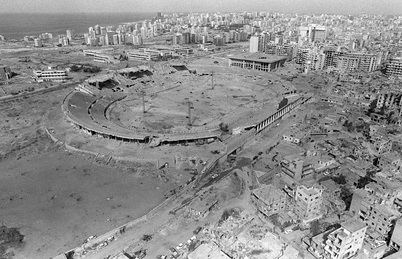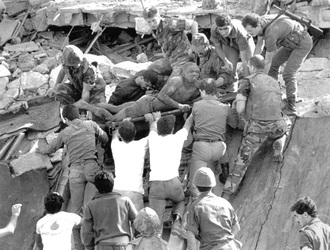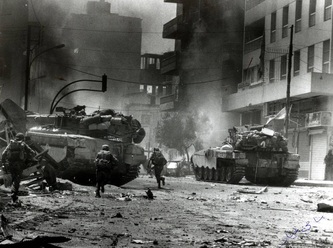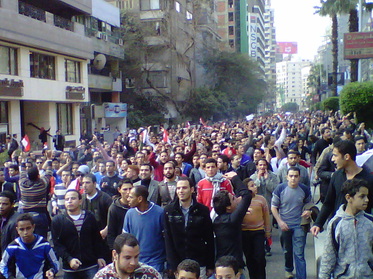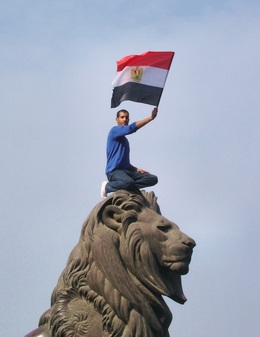Negative Impacts
The Camp David Accords reduced tensions on Israel's Egyptian border, allowing the movement of their forces to the Lebanese border. Additionally, increased U.S. aid to Egypt strengthened the Egyptian regime's power, slowing the transition to a more democratic government.
1982 Israeli Invasion of Lebanon
"Israel no longer faced an Egyptian front, so it made it easier for Israel to use its military elsewhere in the region, i.e. the 1982 Israeli invasion of Lebanon (Camp David is not the only reason for that invasion, but it was a factor. The invasion cost some 15,000 lives). So there is a counter argument to the positives of the peace accord that it actually freed Israel's military to create problems elsewhere." |
|
Eventually, Israel invaded Lebanon in 1982.
"Violence escalated with a series of PLO attacks and Israeli reprisals. Finally, the United States helped broker a cease-fire agreement in July 1981. The PLO repeatedly violated the cease-fire over the ensuing 11 months. Israel charged that the PLO staged 270 terrorist actions in Israel, the West Bank and Gaza, and along the Lebanese and Jordanian borders. Twenty nine Israelis died and more than 300 were injured in the attacks." - Policy Analyst Mitchell Bard |
Scenes from Israeli Invasion of Lebanon
Military Aid to Egypt
|
Critics have argued that the Camp David Accords strengthened the dictators in Egypt.
"This participation in Egyptian authoritarianism has not been all-determining or immutable. Rather, the United States has shaped the regime's longevity and posture in specific and contestable ways. The United States has protected Egyptian rulers from foreign threats, heavily subsidized the Egyptian armed forces, and bolstered the Egyptian security services." |
Specifically, U.S. military aid made it more difficult for democratic transitions to happen until recently in 2011.
"Although Carter prided himself on being a human rights advocate, he refrained from criticizing Sadat about his plebiscites, censorship, and police repression. In fact, he depended on Sadat's autocratic prerogatives to conclude the Egyptian-Israeli peace treaty. The domestic repercussions of this approach proved more than Sadat's presidency could withstand. The U.S. aid program for Egypt aimed to keep the military loyal and the people quiet. Advanced jets and tanks would deter the European army from turning against Sadat and back to the Soviets, while economic support funds would prevent a popular revolt. But, while U.S. officials helped Sadat avoid the fate of the Shah, the violence they enabled and encouraged brought other risks for their Egyptian partner." |
Despite these, overwhelming evidence suggests that the negatives were far outweighed by the prospects of peace (discussed on next page).

